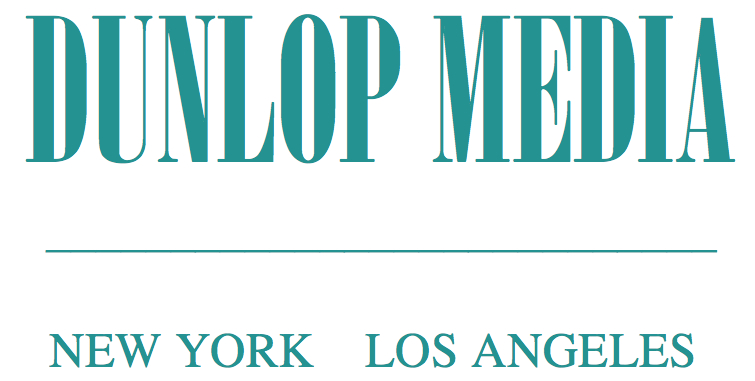Unlike many so-called leaders of our time, Pope Francis does not regurgitate processed bromides that fall on deaf ears.
Media commentary by Steve Dunlop
Don Hewitt, the brash, irrepressible creator of 60 Minutes whom I've written about elsewhere in the Press Center over the years, had a mantra for his staff that set the tone for the most successful newsmagazine in history.
The mantra is harsh, even arrogant - but it cuts to the heart of what news actually is.
"Tell me something," Hewitt argued," that I don't already know."
In that pithy phrase, under the veneer of self-importance, lies the key to media coverage of last week's historic interview of Pope Francis. But the lessons apply far beyond the religious realm. Professional communicators from all walks of life, and especially from organizations under fire, should take heed.
The secular press widely reported Francis's comments that the Catholic Church had become "obsessed" with a "disjointed multitude of doctrines" on abortion, contraception, and gay issues, and needed to broaden its agenda in order to engage effectively with the rest of the world.
Liberals cheered. Moderates welcomed a fresh take on vexing concerns. Conservatives protested that the pontiff had been taken out of context. Still others contended that with a poor choice of words, Francis had naively undercut his own American bishops' defense of church teachings (to the point of said obsession).
It's the critics who are naive, folks. Pope Francis knows exactly what he is doing.
Despite his proclivity for speaking almost entirely without notes - or, more likely, because of it - he has become the most quotable pope that the modern world has ever seen. And all without the help of "handlers." Francis himself is the author of this fundamental shift.
Here are some recent Francis-isms that haven't gotten as much attention as the "obsessed" comment, because the topics they address are not prominent on the media's radar. Note the shockingly original use of metaphors and analogies:
• On vanity: "Look at the peacock; it’s beautiful if you look at it from the front. But if you look at it from behind, you discover the truth… Whoever gives in to such self-absorbed vanity has huge misery hiding inside them."
• On lukewarm priests: "(When a priest) doesn’t put his own skin and own heart on the line, he never hears a warm, heartfelt word of thanks… this is precisely the reason why some priests grow dissatisfied, lose heart and become in a sense collectors of antiquities or novelties — instead of being shepherds, living with the smell of the sheep."
• On himself. At one point in the recent interview, he is bluntly asked, "who is Jorge Mario Bergoglio (his lifelong name)?… He nods and replies: "I do not know what might be the most fitting description.... I am a sinner. This is the most accurate definition. It is not a figure of speech, a literary genre. I am a sinner.”
You can agree or disagree with the content of those quotes - but not the form. As anyone in the communications field knows, good sound bites are rarely accidents. Pope Francis is more media savvy than any of his critics believed.
In the end, when the media jump on the "obsessed" angle, they are doing what they have always done. They are reacting as Don Hewitt would - to something they "don't already know." Who, after all, could have imagined the Bishop of Rome opining that the Church had become obsessed with sex?
You might as well say Michael Jackson was obsessed with child molestation. At one point years ago, that too was unimaginable. But that revelation, when it emerged, also created headlines. Which is precisely the point.
This fundamental reality about the nature of news - that as human beings we find the unexpected far more interesting than the merely bold - explains the failure of many costly media campaigns.
Your company takes a "strong stand" for "sustainability?" Ho-hum. Get in line, because that's utterly predictable.
You are "focused like a laser beam" on "creating shareholder value?" Welcome to the club. Next?
The eyes of reporters and bloggers glaze over when press releases tout the next "end-to-end solution." We've heard it all before.
But tell me something I truly don't already know? Now, you've hooked me.
Pope Francis sets an example. He deserves credit for surprising us, intriguing us. Unlike so many so-called leaders of our time, he does not regurgitate processed bromides that fall on deaf ears. He makes news, and reaches hearts and minds, with a deliberately provocative choice of words.
Yet the fact that it makes news doesn't reside just in those words - but in the fact that we did not already know a pope would ever say them.


